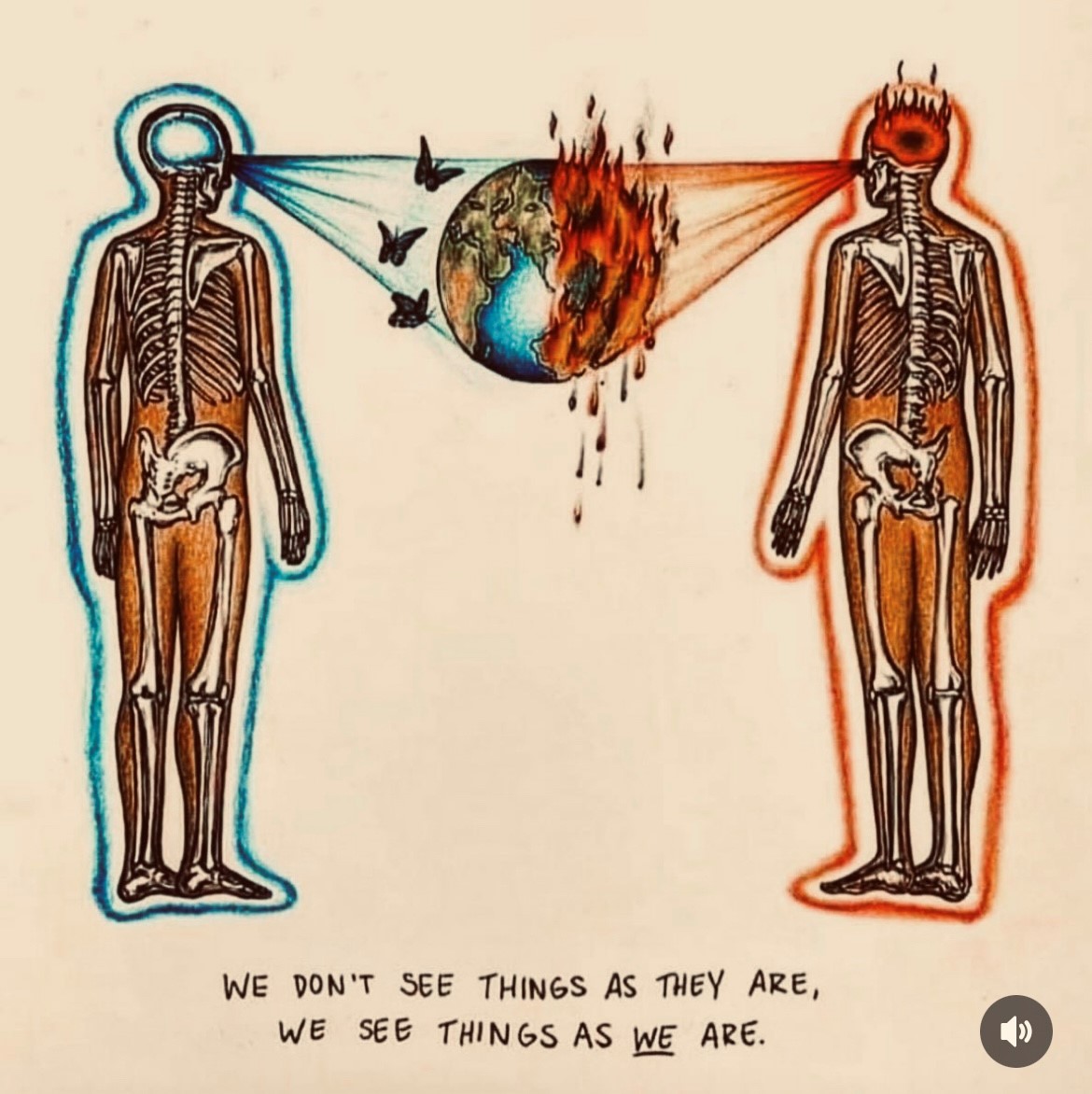The Power of Mindset: How Changing Your Perspective Can Change Your Life

Our mindset—the way we think about ourselves, our potential, and the world around us—holds incredible power. It shapes how we approach challenges, our ability to learn, and even the extent of our success. The good news is, your mindset is not set in stone; it can be shifted, adapted, and transformed. When you change your perspective, you open yourself up to new possibilities and create a pathway to personal growth and success.
Fixed vs. Growth Mindset
Renowned psychologist Carol Dweck introduced the concepts of a “fixed mindset” and a “growth mindset.” Those with a fixed mindset believe their abilities are static and unchangeable, while people with a growth mindset see their talents and intelligence as malleable, something that can be developed over time with effort and learning.
For example, someone with a fixed mindset might think, “I’m not good at math, so I’ll never be good at it.” On the other hand, a person with a growth mindset might say, “Math is challenging for me, but with practice, I can improve.” This small shift in thinking can lead to massive changes in how we approach tasks and challenges.
Why Mindset Matters
Your mindset influences everything from how you handle stress to how you set and pursue your goals. A growth-oriented perspective can help you:
- Embrace Challenges: Instead of avoiding difficult situations, you see them as opportunities to grow. This makes you more resilient in the face of adversity and more willing to take on new challenges, knowing that failure is simply part of the learning process.
- Build Confidence: When you believe in your ability to improve, you start to trust yourself more. This boost in self-confidence allows you to take risks and pursue goals that may have once seemed out of reach.
- Increase Motivation: A growth mindset helps you stay motivated even when progress feels slow. You’re more likely to push through obstacles because you know that effort and persistence will eventually lead to success.
- Improve Relationships: Shifting your mindset doesn’t just affect how you think about yourself—it also impacts how you relate to others. By adopting a growth mindset, you become more open to feedback, more empathetic, and more willing to invest in the development of others.
Steps to Shift Your Mindset
The journey to transforming your mindset begins with awareness and a commitment to change. Here are a few practical steps you can take to begin shifting your perspective:
- Recognize Your Fixed Mindset Triggers: Notice when you have thoughts like “I’m not good enough” or “I can’t do this.” These are signals that you’re operating from a fixed mindset.
- Challenge Negative Thoughts: When you catch yourself thinking limiting thoughts, replace them with growth-oriented ones. For example, turn “I’m bad at this” into “I’m learning, and I’ll get better with practice.”
- Focus on Learning, Not Outcomes: Instead of focusing solely on achieving a specific result, prioritize the learning and growth that come from the process. This helps you stay motivated, even if the results don’t come immediately.
- Celebrate Effort Over Talent: Shift your focus from innate talent to the effort you put in. Praise yourself (and others) for hard work, perseverance, and improvement, rather than just natural ability.
- Surround Yourself with a Growth-Minded Community: The people you surround yourself with have a big influence on your mindset. Seek out individuals who challenge and inspire you to grow, rather than those who reinforce a fixed way of thinking.
Mindset Shift = Life Shift
The power of mindset cannot be overstated. When you commit to changing how you think, you unlock endless possibilities for personal growth and success. By embracing challenges, staying open to learning, and focusing on progress over perfection, you’ll find that the life you’ve always dreamed of is within reach.
Changing your mindset doesn’t happen overnight, but with practice and intention, you can start to see how a shift in perspective leads to a shift in your entire life. So, what’s holding you back? With the right mindset, nothing is impossible.


